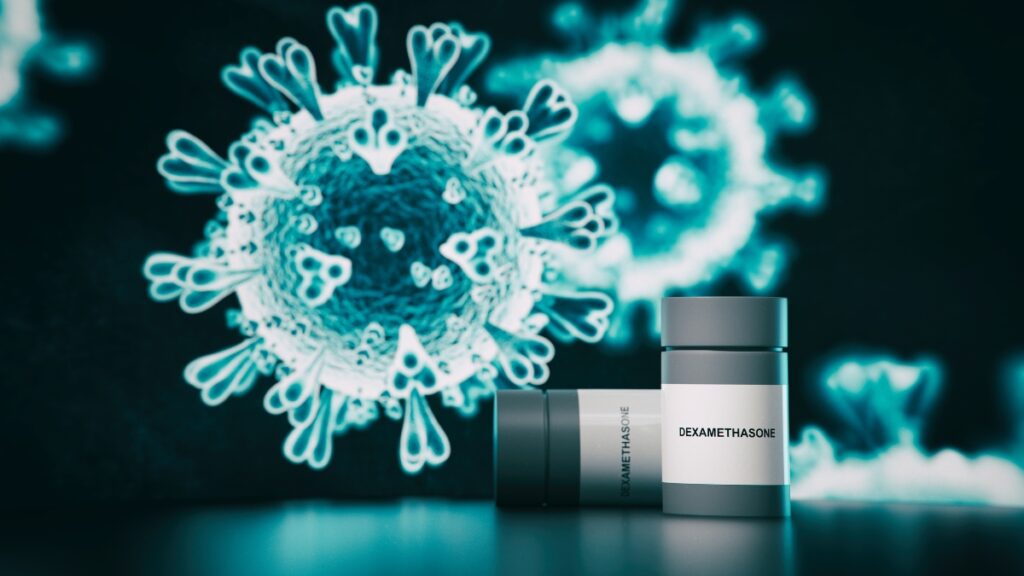Who Should Not Get Monoclonal Antibodies for Covid. Covid-19 is an infectious disease caused by the new coronavirus.
The virus causes symptoms similar to the flu, including fever, cough, shortness of breath, and chest pain. As of March 16, 2020, more than 3 million people have been infected worldwide.
There are two main treatments available: antiviral drugs and monoclonal antibodies. Monoclonal antibodies are designed to target specific proteins on the surface of the virus. Antivirals are medications that attack the genetic material inside the cells.
Who Should Not Get Monoclonal Antibodies for COVID?
Monoclonal antibodies are usually given to patients who are critically ill or at risk of dying from the infection. Patients with certain cancers or other diseases may also benefit from these therapies. However, there is no evidence that anyone else can safely receive them.
Why Are There No Trials for Monoclonal Antibodies?
Because of their high cost and limited availability, trials for monoclonal antibody treatment are very difficult to conduct. Only one trial has been conducted so far.
This study was done in China, where the coronavirus first emerged. Researchers tested a drug called redeliver on people who had severe cases of covid-19.
Are Monoclonal Antibodies the Same as Snake Antivenom?
Monoclonal Antibodies (mAbs) have been developed over the past few decades. This type of antibody is created by scientists to fight against certain diseases.
Snake venom contains a lot of proteins that are harmful to the body. Snake bites can cause life-threatening symptoms such as bleeding, shock, and paralysis.
In order to prevent these complications, doctors inject patients with mAb anti-venoms. Anti-Pepsin (PP)-Mouse monoclonal Antibody These drugs contain antibodies that bind to the toxins in snake venoms. The result is the neutralization of the toxin and the prevention of the adverse effects that occur after a snake bite.
However, there are different kinds of snake venom antivenoms available on the market. Monoclonal antibodies differ from polyclonal antibodies because they are made using one specific antigen.
Polyclonal antibodies are produced through the mixing of many different antigens. They are usually derived from horses and cows, but other animals like sheep and goats are also used. Polyclonal antibodies are more effective than monoclonals in neutralizing snake venom because they produce a broader range of antibodies.
Are There Different Types of Antivenom?
Antivenoms come in various forms. Some have been developed to treat snake bites, while others have been created to protect against spiders, scorpions, ticks, bees, wasps, jellyfish, fire ants, poisonous fish, and other creatures. If you’re bitten by a venomous creature, you’ll need to make sure that you get the right kind of antivenom.
In general, there are three main kinds of antivenoms: horse-derived, camelid-derived, and sheep-derived. Horse-derived antivenoms are usually made from horses that have received an injection of the venom.
Camelids, like llamas, alpacas, and camels, produce antibodies naturally. This means that they don’t require injections. However, these animals do have to be immunized before they can provide the required antibody production.
Sheep are another option. They will also produce the necessary antibodies on their own. However, it takes time for them to develop the ability to create antibodies. Therefore, a veterinarian may need to inject them with venom.
The last type of antivenom is produced using recombinant DNA technology. Scientists take cells that contain the genes needed to produce an immune response. They then use biotechnology to change those genes into ones that will produce the desired proteins.
Are Animals Used to Make Monoclonal Antibodies
Monoclonal antibodies are one of the most important tools in modern medicine. This is why scientists have been working hard on creating them since they were first discovered in the 1950s.
However, many people still believe that these drugs were created using human cells. In reality, they are made from animal cells.
A few years ago, researchers at Stanford University decided to use mice to create a new type of antibody. The results showed that this was possible, and it opened the door for other labs to follow suit. Now, thousands of laboratories around the world are making monoclonal antibodies.
There are two main reasons for doing so. First, they can be very effective. Second, they’re cheaper than traditional methods.
Antibodies work by attaching to specific proteins on the surface of bacteria, viruses, or cancer cells. Once attached, the body will recognize the protein as foreign, and it will attack the cell. If the target is a virus, then the immune system will destroy it.
Who Should Not Get Monoclonal Antibodies for Covid. In order to make an antibody, you need to take a piece of DNA that contains instructions for building a certain protein.
You then insert this into a virus, which makes a clone of itself. Then, you inject the virus into a mouse.
